In today’s fast-paced digital world, every second counts—especially when it comes to the performance of your website. Whether you’re running a personal blog, an e-commerce store, or a professional service site, the speed at which your website loads can make or break the user experience. We live in an age where people expect instant gratification. If your website takes too long to load, they’ll simply hit the back button and visit a competitor. This is why site speed has become the top priority when creating any website.
For someone like me, living in the Philippines, I know how frustrating it can be to visit a slow website. We already deal with varying internet speeds in the country, and a slow website only adds to that frustration. So if you’re building a website, whether it’s for local users or a global audience, ensuring fast load times is crucial.
In this article, we will explore why site speed is critical, the role of web hosting (with a focus on the importance of choosing a good VPS and a datacenter close to your target audience), and other factors that influence website performance, such as SEO.
Why Site Speed Matters
Let’s start by understanding why site speed should be your top concern when building a website:
1. User Experience (UX)
The primary reason site speed is crucial is because of its direct impact on user experience. When people visit a website, they expect it to load quickly—ideally in less than three seconds. According to various studies, a delay of just one second can result in significant drops in user engagement.
For example:
- A one-second delay can decrease customer satisfaction by about 16%.
- A two-second delay can increase bounce rates by over 50%.
- If a website takes more than three seconds to load, over half of users will abandon the site altogether.
In the Philippines, where users already face inconsistent internet speeds, a slow website can push visitors away faster than usual. As users, we want information, products, or services instantly, and if a website can’t deliver, we look elsewhere.
2. SEO and Google Rankings
Another major reason site speed is a top priority is because it directly affects your Search Engine Optimization (SEO) and, in turn, your Google rankings. In 2010, Google announced that site speed would be considered a ranking factor, meaning slower websites are less likely to appear at the top of search results.
Why does this matter? Well, most users don’t go beyond the first page of Google results. In fact, the top five results on the first page of Google capture about 67% of all clicks. If your website is slow, you’ll likely drop in rankings, meaning fewer people will find your site through organic search.
Moreover, faster websites get more visitors, lower bounce rates, and longer session durations—all of which help your SEO performance. This means that a fast website not only keeps users happy but also gets you more traffic from search engines like Google.
3. Mobile Optimization
With the majority of internet users now accessing websites through mobile devices, site speed is even more critical. In the Philippines and across Asia, mobile internet use is growing rapidly. Mobile users are often on slower networks, making it more essential to have a website that loads quickly on all devices. A site that is optimized for mobile with fast load times provides a seamless experience and improves the likelihood of users staying and engaging with your content.
Google has also adopted a mobile-first indexing policy, meaning that the mobile version of your website will be considered the primary version for SEO ranking. This makes it even more important to ensure that both your desktop and mobile sites load quickly.
The Role of Hosting in Site Speed
Now that we’ve established why site speed is important, let’s talk about one of the most significant factors that affect it: web hosting.
Your web host plays a critical role in determining how fast your site loads. Even if you’ve designed a lightweight and optimized site, poor hosting can slow things down. This is why choosing the right hosting plan is essential.
Shared Hosting vs. VPS
There are several types of web hosting available, with shared hosting and VPS (Virtual Private Server) being two of the most common options.
- Shared hosting means that your website shares resources like CPU, memory, and storage with many other websites on the same server. While it’s the cheapest option, it can severely impact your site speed, especially if other websites on the same server are using a lot of resources.
- VPS hosting, on the other hand, offers dedicated resources for your site. While you still share a physical server with other users, you have your own portion of the server’s resources that are not affected by other websites. This means faster load times and a more stable website performance, making VPS a much better option if you want a fast website.
Related Post: GoogieHost and other best Free Web Hosting Provider in 2025
Why VPS Hosting with a Local Datacenter is Best
As someone based in the Philippines, I’ve found that choosing a VPS with a datacenter close to your target users is a game-changer. Here’s why:
- Reduced Latency: The closer your server is to your users, the less time data has to travel. This reduces latency and speeds up load times. If you expect most of your users to be from Asia (especially Southeast Asia), it’s best to choose a VPS that is hosted in an Asian datacenter—like Singapore, Hong Kong, or Tokyo.
- Better Connection to Local ISPs: Many web hosting providers with Asian datacenters have better connections to local internet service providers (ISPs). This means users from the Philippines or other nearby countries will experience faster load times because there are fewer hops in the network.
- Improved SEO for Local Searches: Search engines also tend to favor websites hosted closer to the target audience. This is particularly helpful if you are focusing on local SEO, as it can improve your site’s visibility to users in the Philippines or other Asian countries.
For instance, if I’m creating a website for Filipino users, it makes more sense to have my server located in Singapore rather than Europe or the US. Not only will this provide faster load times, but it will also ensure that users experience less downtime or connection issues.
Other Factors to Consider for a Fast Website
While hosting is one of the biggest factors in site speed, it’s not the only one. Let’s explore other critical elements you need to consider to ensure your website loads as fast as possible.
1. Image Optimization
Images often make up the bulk of a website’s content. While high-quality images are essential for a visually appealing site, they can also slow down load times if not optimized properly. To avoid this, you should:
- Compress images before uploading them to your website. Use tools like TinyPNG or JPEGmini to reduce the file size without losing quality.
- Use the right format. For example, PNGs are great for images with transparency, but JPEGs are better for regular photos.
- Lazy load images, so that they only load when the user scrolls down to them.
2. Minimize HTTP Requests
Each time a user visits your site, their browser sends HTTP requests to the server to fetch different elements like images, scripts, and stylesheets. The more requests your site has to process, the longer it takes to load. You can minimize HTTP requests by:
- Combining CSS and JavaScript files where possible.
- Using fewer images and plugins.
- Leveraging browser caching, so returning users don’t have to download all the resources again.
3. Enable Gzip Compression
Gzip is a compression method that reduces the size of files sent from your server to the user’s browser. By enabling Gzip compression, you can reduce the amount of data that needs to be transferred, speeding up your website’s load time.
4. Use a Content Delivery Network (CDN)
A CDN stores copies of your website’s files on servers located around the world. When a user visits your site, the CDN delivers the files from the server closest to them, reducing load times. If your website caters to a global audience, a CDN can drastically improve site speed for users in different regions.
5. Optimize Your Database
If you’re using a content management system (CMS) like WordPress, your site’s performance can also be affected by your database. Regularly optimizing your database by cleaning up unnecessary data—such as old revisions, spam comments, and expired transients—can help improve site speed.
6. Choose Lightweight Themes and Plugins
If you’re building your website using a CMS like WordPress, the theme and plugins you choose can greatly impact site speed. It’s important to select lightweight themes that are optimized for speed and avoid bloated plugins that add unnecessary code to your site.
Site Speed is Essential for Success
To summarize, site speed is one of the most important factors to consider when building a website. It impacts user experience, SEO, mobile performance, and your overall success online. Slow websites are penalized by both users and search engines, while fast websites benefit from higher traffic, better user engagement, and improved rankings.
Choosing the right hosting plan, especially a VPS with a datacenter close to your target audience, is a crucial decision that can significantly improve your site speed. For someone like me, based in the Philippines, hosting my website on a VPS with an Asian datacenter (like in Singapore) ensures fast load times and a better user experience for local visitors.
In addition to hosting, optimizing your images, minimizing HTTP requests, enabling Gzip compression, and using a CDN are all steps you can take to boost your website’s performance. Finally, keeping your website lightweight with optimized themes and plugins will ensure it remains fast and efficient over time.
In the digital age, people are less tolerant of slow websites, and having a speedy site gives you a competitive edge. Whether you’re serving content to users in the Philippines or globally, a fast website leads to better user satisfaction, more engagement, and ultimately more success.

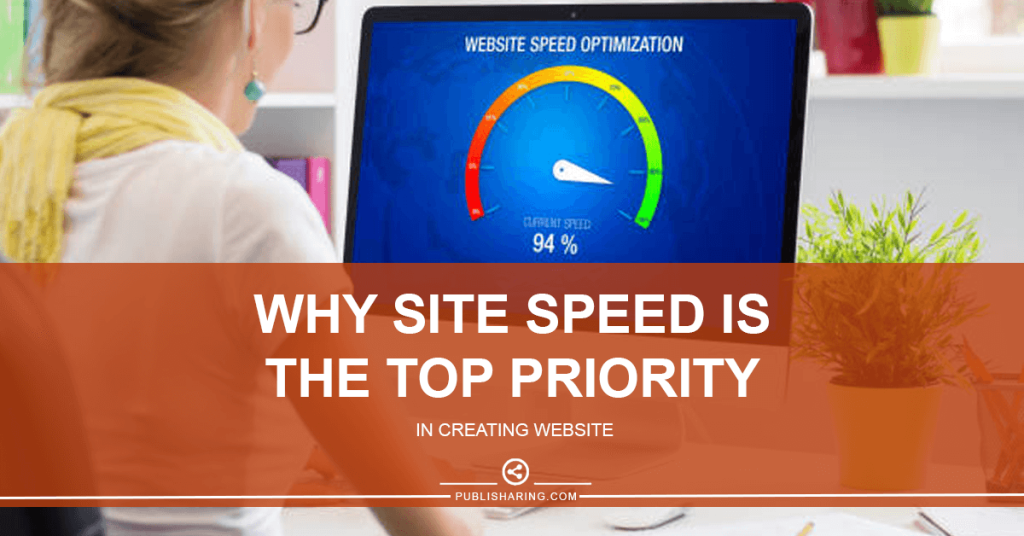

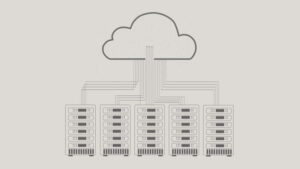



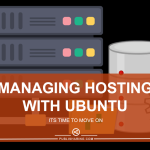
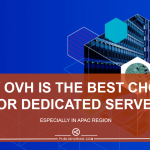
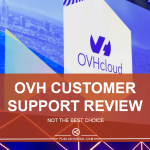

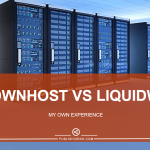
Ff go
Nice
Still I didn’t get key
Ini apaan dah
Ini apaan dah
How get key